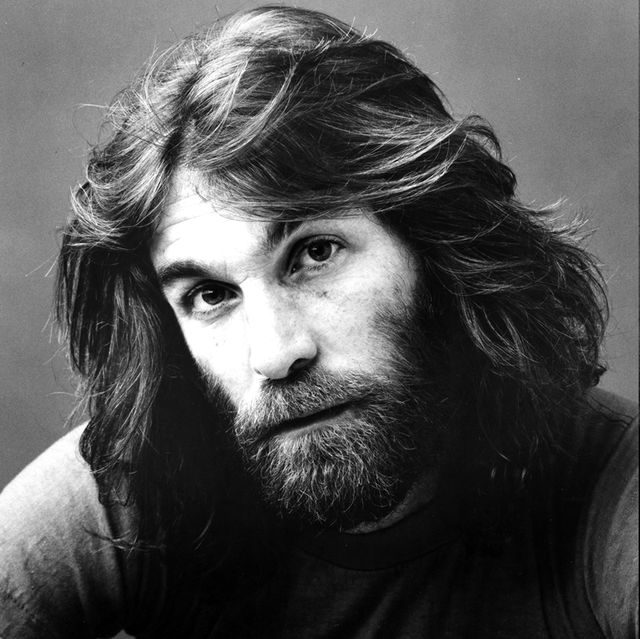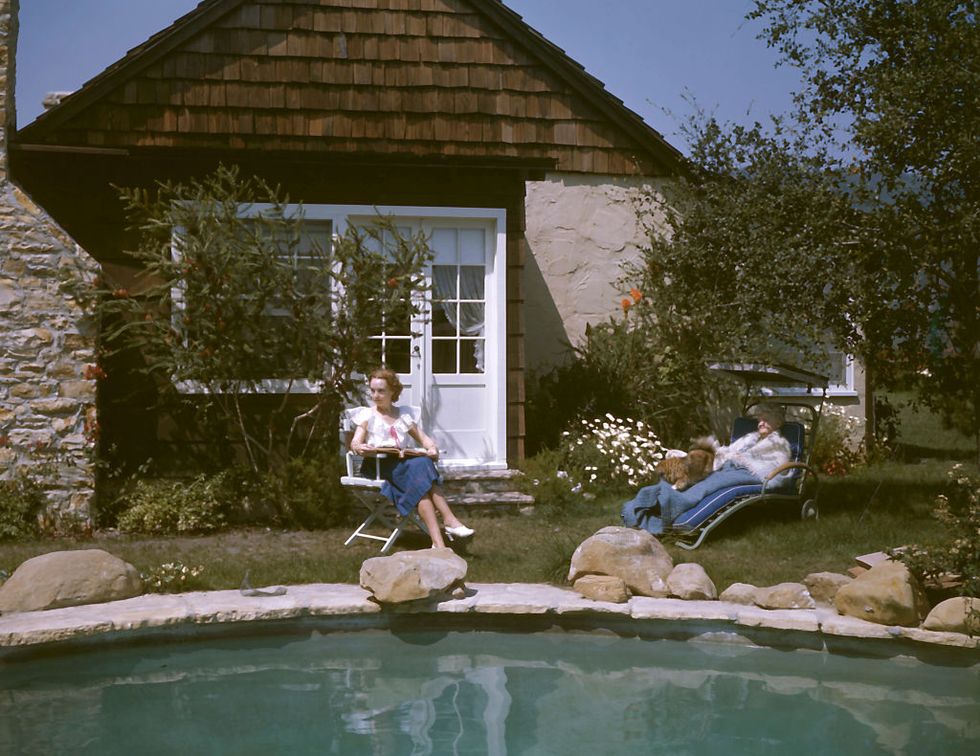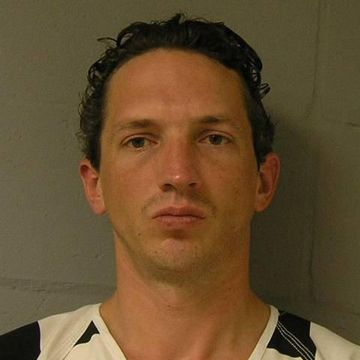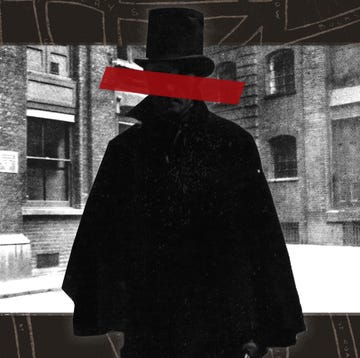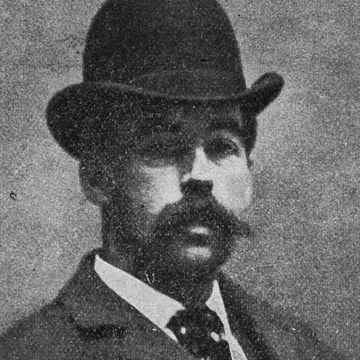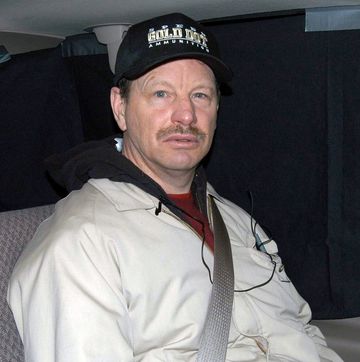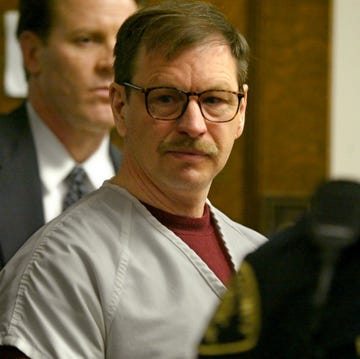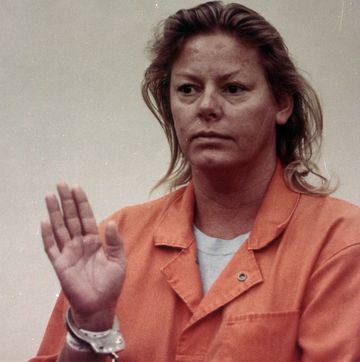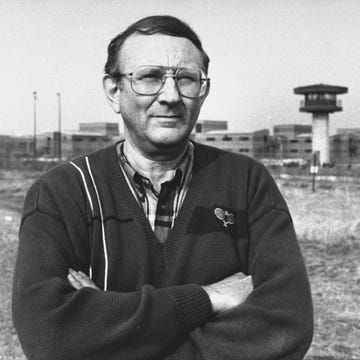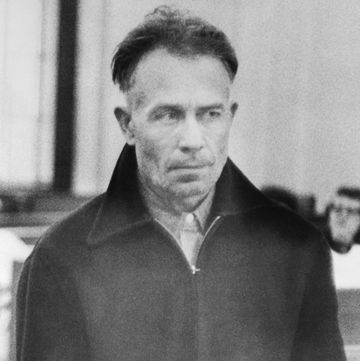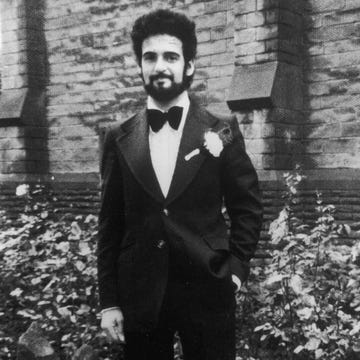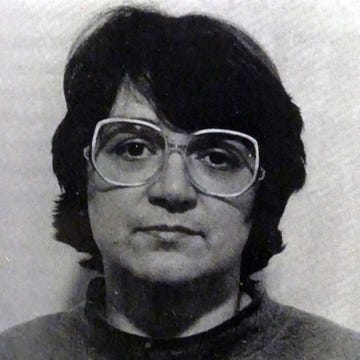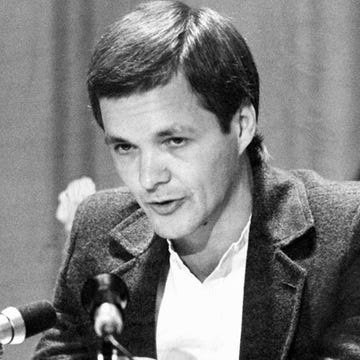By 1968, Beach Boy Dennis Wilson was divorced from his first wife, Carol Freedman, and living the high life in a large house on Sunset Boulevard outside Los Angeles.
That spring, he stopped to pick up two female hitchhikers on the Sunset Strip and invited them home for milk and cookies. After eating, he got to talking about his experiences with the Maharishi, founder of Transcendental Meditation. The women said that they, too, had a spiritual guru, named Charlie.
Not long afterward, Wilson returned home at night to find the lights on and a school bus parked outside. He eyed the small man walking toward him and asked if the intruder intended to hurt him.
“Do I look like I’m going to?” responded Charles Manson, before dropping to his knees to kiss Wilson’s feet.
Thus began the unusual friendship between a rock ’n’ roll icon and one of history’s most sadistic cult leaders.
Wilson Welcomes Manson In
Although Wilson didn’t yet realize it, he opened his home to Manson and his 20 or so female companions for an indeterminate length of time. At first, he didn’t mind: The free-spirited drummer was used to picking up hitchhikers and partying with all sorts of eclectic people at his home.
Furthermore, Manson struck him as a particularly interesting character, a musician filled with deep and unusual ideas of how the world worked. It didn’t hurt that Manson generously shared his LSD and that the women, who seemingly hung on his every word, were more than willing to satisfy Wilson’s sexual desires.
At the time, Manson was angling for a record contract, and Wilson, who took to calling him “the Wizard,” introduced him to friends and industry executives with varying results. Neil Young seemed to think he was an improvisational genius, and talent scout Gregg Jakobson wanted to feature Manson and his Manson family followers in a documentary.
Manson particularly tried to impress Wilson’s close friend Terry Melcher, son of actor Doris Day and an influential producer at Columbia Records, but Melcher was wary of this unkempt man with the intense stare, declining to invite him to his home at 10050 Cielo Drive in Benedict Canyon.
Manson Recorded for the Beach Boys’ Label
The other Beach Boys were also creeped out by Manson. Singer Mike Love later wrote in his memoir, Good Vibrations, about how he went over to Wilson’s for dinner only to find everybody there naked. The after-dinner, LSD-fueled orgy was a little too much to take, so he excused himself to take a shower, but Manson barged in on him and scolded him for leaving.
Still, Wilson believed in Manson’s musical talent and set up a recording session through the Beach Boys’ label, Brother Records. However, this ended on bad terms when Manson pulled out a knife to express his irritation with the studio engineer.
Their Friendship Cooled after Manson Moved Out
By the end of the summer, after blowing through an estimated $100,000 to pay for the family’s food, medical bills, and damages to his property, Wilson decided he’d had enough of the Wizard and his entourage.
Avoiding confrontation, he moved out of his rented home with the lease set to expire, leaving his landlord to formally evict the Manson family. Wilson also got back at Manson by taking one of his songs, “Cease to Exist,” and recrafting it as “Never Learn Not to Love,” later claiming sole credit for the track.
The friendship between the two men was mostly over by this point, though they still occasionally saw one another. In November, Wilson informed Manson that one of his songs would appear on the upcoming Beach Boys album, 20/20. Manson learned the full truth after “Never Learn Not to Love” was released as the B-side to their cover of “Bluebirds Over the Mountain” in December 1968.
After initially containing his fury, Manson showed Wilson a bullet and suggested it was important to keep his children safe, which, by at least one account, prompted the enraged drummer to beat him up. According to Love, Wilson also confessed that he had seen Manson shoot someone and stuff him down a well.
Wilson Regretted His Association with Manson
By the summer of 1969, after his long-awaited audition for Melcher had failed to produce the record deal he was expecting, Manson decided that it was time to ignite Helter Skelter, the race wars he warned would wipe out civilization.
On August 8, Manson ordered his followers to kill everyone at 10050 Cielo Drive. Melcher had moved out months earlier, leaving its new resident, Sharon Tate, wife of director Roman Polanski, and a few friends as the unfortunate victims. The following day, the Manson family struck again with the murders of Leno and Rosemary LaBianca in Los Feliz.
A few months later, Wilson learned along with the rest of the world that his former friend was behind the horrendous killings that had terrified the Hollywood community. Although he refused to publicly talk about it, Love and others have noted that Wilson carried the guilt of his association to Manson for the rest of his life, possibly even fueling the self-destructive behavior that led to his drowning at age 39.
